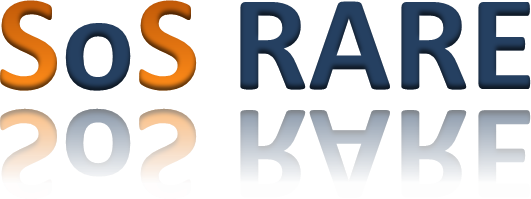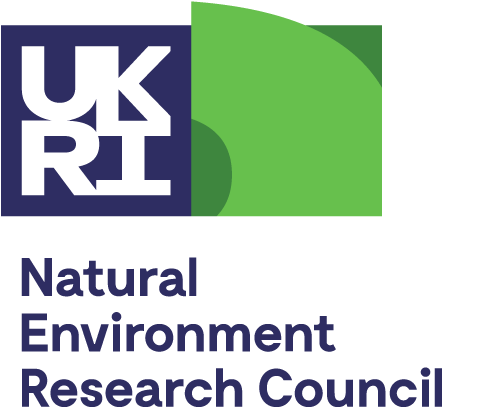Frances Wall presents at ERECON in Brussels
ERECON, the European Rare Earths Competency Network was set up by the European Commission DG GROW unit on raw materials to make recommendations on how Europe can improve the security of its rare earth supply. The final report of the ERECON working groups has just been published and is available to download free. The report is comprehensive and clearly the result of a large amount of work, well worth a read. SoS RARE Co-Is, Animesh Jha and Kathryn Goodenough, were members of Working group one on rare earth primary supply and another good contact of ours, Allan Walton from Birmingham University chaired Working group 2 on recycling and substitution. I joined Animesh as a guest at the final steering group meeting on 26 June 2015 in Brussels. Mattia Pellegrini Head of the Resource Efficiency and Raw Materials Unit at DG GROW and Sebastian Zaleski, Policy Officer, chaired the meeting and presented the Commission response to the six recommendations in the ERECON report.
The headlines of the Commission response were that there will be no direct funds to support ERECON recommendations but the ideas will be taken into account in preparing forthcoming Horizons 2020 calls, and can be taken forward through other initiatives such as the COSME actions and other forthcoming initiatives for SMEs to help, for example, in providing support for feasibility and pre-feasibility studies on REE deposits, education initiatives in ERASMUS and development of projects with help from the KIC. The support for companies is only aimed at those developing deposits inside Europe. Security of supply depends on diversity and relying on the few world class deposits inside Europe seems high risk to me; new mines outside Europe can be equally important in providing REE raw materials.
In the afternoon, there were several presentations on projects already underway to help the European REE supply chain. These included the FP7-funded EURARE (BGS are members of this project), the REE4EUand REEcover recycling projects led from Trondheim, Norway and Minatura on safeguarding deposits of public importance. I presented the SoS RARE project and emphasized that our work is concept-based and less 'Eurocentric' than the other projects presented. We were the only group working on ion adsorption deposits. I think the Commission were interested to see that the UK has made a substantive response towards research on security of supply of critical metals through the SoS Minerals programme and were impressed by the international network established already in our SoS RARE project.
Frances Wall 29 June 2015





